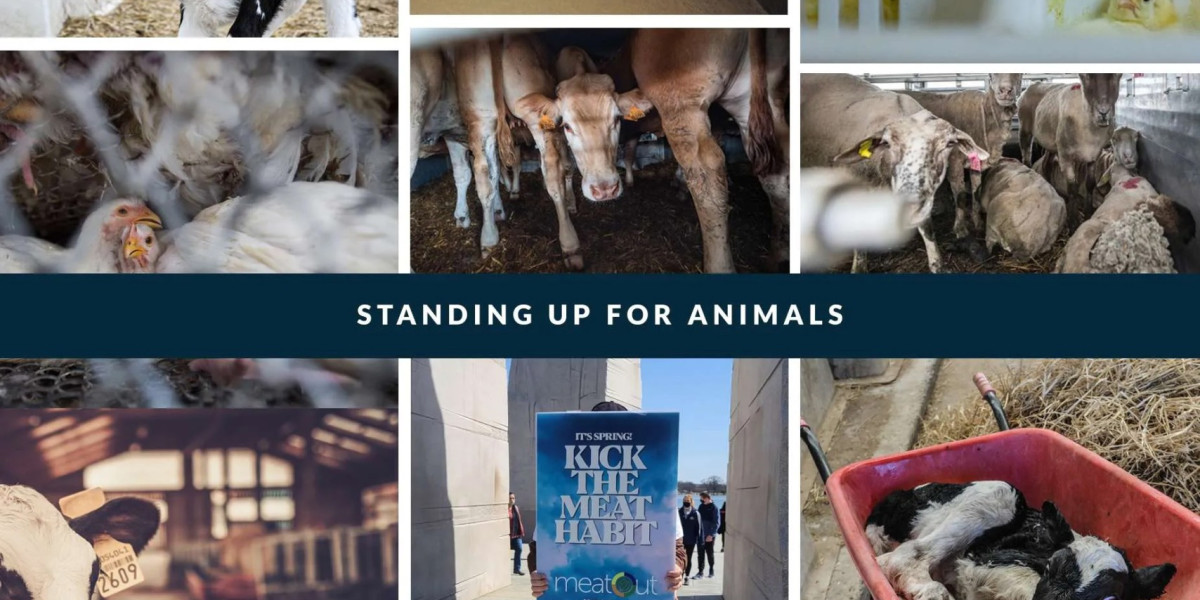Ethical vegan eating is more than just a dietary choice; it’s a lifestyle rooted in compassion, sustainability, and respect for all living beings. As more people become aware of the ethical implications of their food choices, veganism is gaining popularity not just for its health benefits but for its profound impact on animals, the environment, and society as a whole.
At the heart of ethical vegan eating is the principle of reducing harm to animals. Veganism avoids all animal products, including meat, dairy, eggs, and even honey, to ensure that no animals are exploited or harmed in the production of food. Factory farming, which supplies the vast majority of animal products, is often associated with severe animal cruelty. Animals are typically kept in overcrowded, unsanitary conditions, subjected to painful procedures without anesthesia, and denied the opportunity to engage in natural behaviors. By choosing ethical vegan eating, individuals take a stand against these inhumane practices, advocating for a world where animals are treated with respect and dignity.
In addition to animal welfare, ethical vegan eating also addresses the environmental impact of food production. The meat and dairy industries are among the largest contributors to environmental degradation, responsible for significant greenhouse gas emissions, deforestation, and water pollution. Raising animals for food requires vast amounts of resources, including land, water, and feed, leading to habitat destruction and loss of biodiversity. Ethical veganism promotes the consumption of plant-based foods, which have a much lower environmental footprint. By reducing demand for animal products, ethical vegans contribute to the preservation of ecosystems and the fight against climate change.
Another important aspect of ethical vegan eating is its social and economic implications. The industrial farming system often exploits workers, particularly in low-income countries where labor rights may be weak. Workers in these industries are frequently exposed to hazardous conditions, low wages, and long hours, all while contributing to an industry that profits from animal suffering. Ethical vegans support fair trade, organic, and local food options that prioritize the well-being of both animals and workers, promoting a more just and equitable food system.
Ethical veganism also extends to the broader notion of sustainability and resource conservation. The production of plant-based foods generally requires fewer natural resources than animal farming, making it a more sustainable choice in a world facing growing concerns over food security and resource scarcity. Ethical vegan eaters are mindful of their consumption patterns, often choosing seasonal, locally sourced produce to minimize their environmental impact and support sustainable agriculture.
In conclusion, Ethical vegan eating is a powerful way to align one’s values with their dietary choices. By choosing a vegan lifestyle, individuals can make a positive impact on animal welfare, reduce their environmental footprint, and contribute to a more sustainable and equitable food system. As awareness of the ethical implications of our food choices continues to grow, ethical vegan eating offers a meaningful path toward a more compassionate and responsible way of living.
